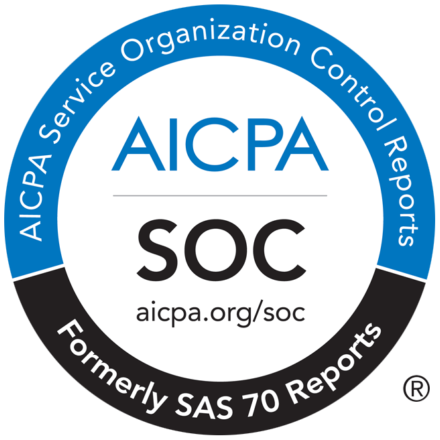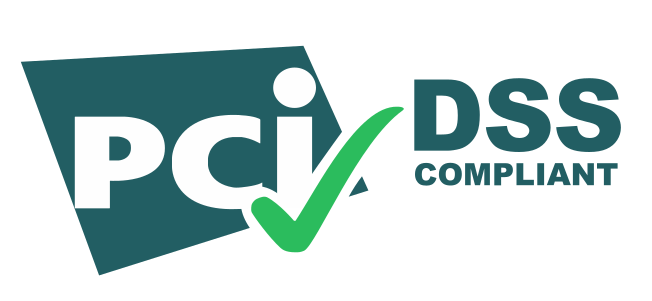Success Story
Università di Oakland
How Oakland University Adopted Copyleaks Plagiarism Detector &
Changed the Conversation Around Utilizing It as a Learning Tool

Solution
Moodle LMS Integration
Product
Plagio
Detection
KPI della campagna
Ease of use & integration, Cost-effectiveness,
Customer Support, Security
Overview & Background
Oakland University is one of fifteen public universities in Michigan, offering 132 bachelor’s degree programs and 138 professional graduate certificate, master’s degree, and doctoral degree programs, with a total enrollment of nearly 20,000 students. The main academic units are the School of Engineering and Computer Science, the College of Arts and Sciences, the School of Nursing, the School of Business Administration, the School of Education and Human Services, the School of Health Sciences, and the Oakland University William Beaumont School of Medicine.
The Challenge
In 2019, Oakland University began having a burgeoning online presence, and the university acknowledged that to build a competitive edge in the online market, it would need to supply the necessary resources and solutions for plagiarism detection, which did not exist at all within the university. Early discussions were met with opposition from some faculty members in writing-intensive areas, who questioned plagiarism checkers’ integrity.
Once further discussions were had to address concerns and opposition, the final decision was to seek a solution to put in place. Shortly after that, Oakland drafted an RFP and began the search for plagiarism detection software with two essential requirements: direct LMS integration with their Moodle platform and an easy user interface.
The Process
Daniel A. Arnold, Ph.D., Manager of Support Services for E-Learning and Instructional Support at Oakland, was tasked with launching an organic search to find a selection of potential plagiarism detection software for consideration. Once selections were made, a committee was formed to help determine the best option.
As part of the testing process, the committee relied on vendor-supplied demos to help access each platform. While technical considerations were considered, the committee’s core focus was the interface, analyzing ease of use and what each platform provided for faculty and students. Other considerations included cost-effectiveness, functionality, ease of integration, and a high emphasis on security and accessibility.
Three final options were selected, with the two highest-scoring platforms being Copyleaks and a leading competitor. Follow-up surveys were sent to staff members to determine the key features required in a plagiarism detection solution. Once the surveys were assessed and compared to platform offerings, Copyleaks came out ahead in a few areas, including cost-effectiveness and meeting most of the RFP criteria list, such as having a more intuitive user interface, military-grade security, a comprehensive yet simple LMS integration, and providing more capabilities for teachers to share results with their students.
Though not part of the initial vetting process, Copyleaks’ Customer Success Team also became a selling point for Oakland once they began the process, citing quick turnaround, faculty feedback, and more.
Daniel A. Arnold, Ph.D. Manager of Support Services – E-Learning & Instructional Support
The Impact
Oakland University signed with Copyleaks in June of 2020 when most academic institutions across the globe had moved to online learning in the wake of the COVID pandemic. Since the university had no plagiarism detection solution before signing with Copyleaks, the impact was measured in what was gained.
As Copyleaks was adopted into more classrooms and the university’s Center for Excellence in Teaching and Learning began hosting workshops, new and constructive conversations around the ethical factors of utilizing a plagiarism detector emerged. Because of Copyleaks’ customizable and more interactive interface, conversations began to focus on how Copyleaks could be used as a learning tool and not for policing, a sentiment that Copyleaks also shares, considering that the most common form of plagiarism among students is accidental plagiarism.
Feedback from faculty highlighted the value of the Copyleaks Similarity Score and Reports that provide insight into any potential plagiarism found within a document, including paraphrasing, identical text, minor changes, and more. They also valued that each report supplied a source list, citing sources where potential plagiarism originated. However, the capability to share the Similarity Reports with students made the key difference with the staff, who saw it as a way to support their student’s education and enhance the learning journey.

Looking Forward
In 2023, following the release of OpenAI’s ChatGPT, Oakland’s faculty began raising concerns about generative AI, its impact on education, and whether the University would supply a solution to address it, something Copyleaks was able to provide with the first to market release of the AI Detector in January of 2023.
Kate Huttenlocher, MA. Assistant Manager of Support Services – E-Learning & Instructional Support


